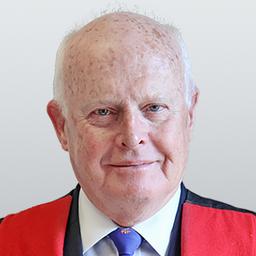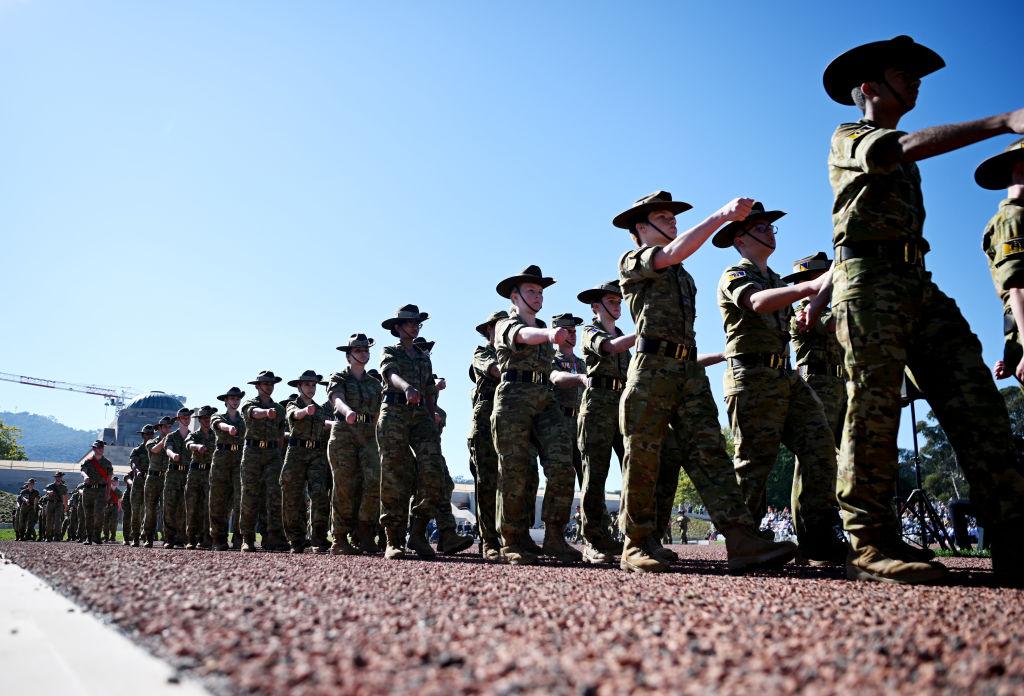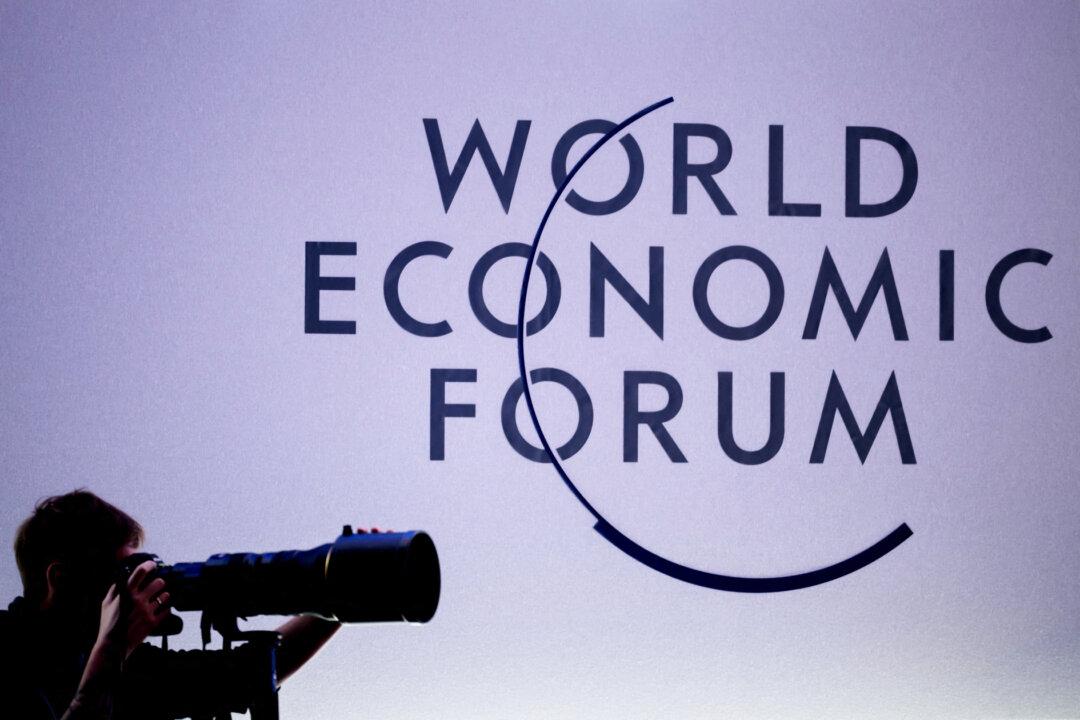Commentary
To say that Christians and Muslims have enjoyed a love-hate relationship over the centuries would, sadly, be a gross misstatement. If it were true, it would be a reasonably wholesome thing, for at least it would imply openness to mutual understanding and acceptance, a willingness to try and admire each other in theory, even if in practice spoiled by occasional eruptions of suspicion and fear.





